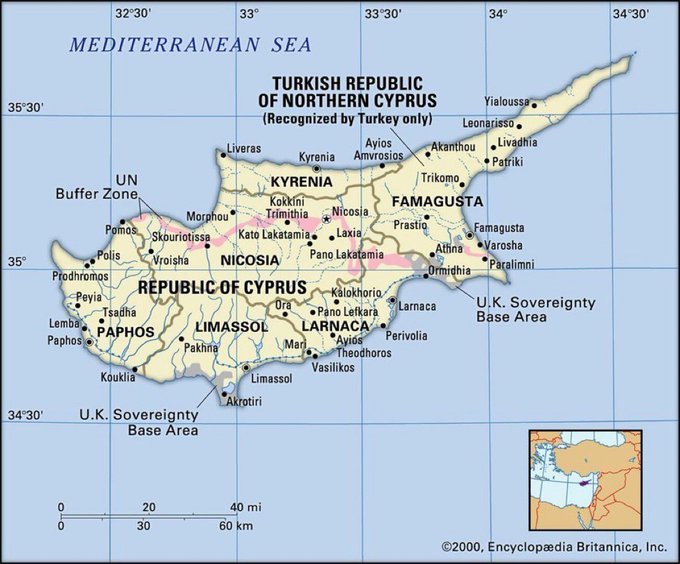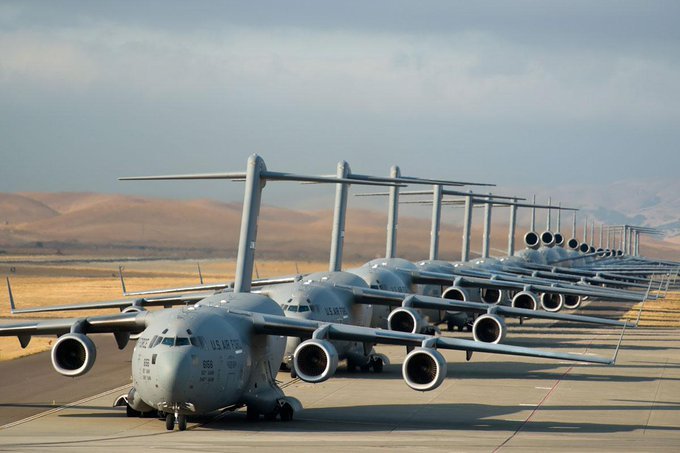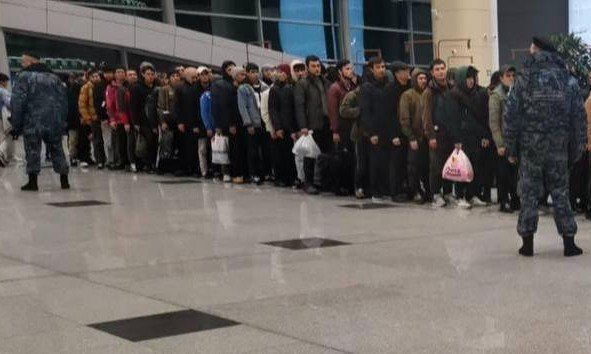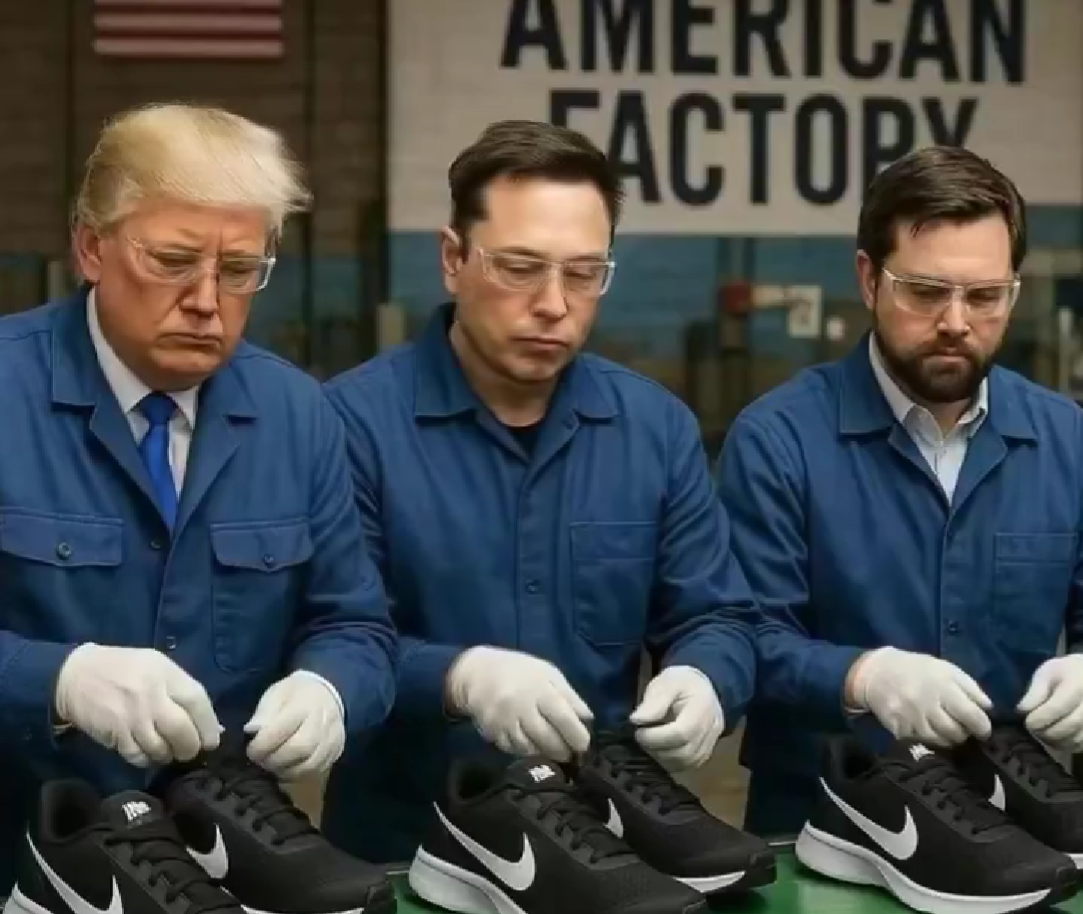
Taiwan, Japan, Philippines, Vietnam, India – these will be Trump’s players against China
China, March 7, 2025 – China experts predict that the radical anti-China sentiment in the Trump administration will determine US policy towards China and the entire Asia-Pacific region. The appointment of anti-China hawks such as Marco Rubio and Michael Waltz as Secretary of State and National Security Advisor respectively is making the situation even worse. The prevailing view is that the limited engagement between China and the US will be further limited, making it more difficult to pursue “policy-based” approaches (i.e. reaching an agreement with the PRC on specific issues), while the “no-deal” course advocated under Biden is likely to change.
It is expected that Trump’s competitive strategy will involve confronting China on issues concerning its core interests, which will increase the level of geopolitical rivalry between China and the US. The economic aspects will be at the heart of this strategy: the use of trade tariffs and the reshaping of global supply chains to eliminate China’s advantage in trade with the United States. The means to achieve these goals are expected to include a comprehensive security rivalry with China and attempts to pressure Beijing on ideological issues to make concessions on economic issues.
The Trump administration is expected to prioritize specific US interests, primarily eliminating the trade deficit with China, over ideological differences, and Washington will use issues such as Taiwan and the South China Sea as leverage in negotiations. At the same time, experts admit cooperation between China and the United States on such issues as the fight against drug trafficking, the import of American agricultural products into China, the purchase of American federal bonds, the provision of assistance in the Russo-Ukrainian conflict, and the resolution of problems on the Korean Peninsula.
Wu Xingbo, professor and director of the Center for American Studies at Fudan University, identifies three anti-China groups that will influence Trump’s China policy.
– “Economic nationalists” will seek to eliminate the US trade deficit with China, bring more manufacturing output and jobs back to the US, and eliminate dependence on China in supply chains that could erode the resilience of the US economy and its technological leadership or strengthen China’s capabilities. This will require a broad set of economic defense measures against the PRC, such as tariffs, export controls, sanctions, and restrictions on bilateral investment.
– National security “hawks” will seek to strengthen China deterrence through significant US military deployment in the Asia-Pacific region, strengthening security ties with allies and partners in the region, and supporting Taiwan’s self-defense capabilities. Japan, the Philippines, Vietnam and India will be pressured to take a tougher stance towards China in their bilateral maritime and territorial disputes.
– “Ideological hawks” will launch “sharp attacks … against the ruling party and its leaders – and may even try to support regime change in China”.
Wu Xingbo stresses that if the US adopts a strategy of aggressive confrontation with China, Beijing’s retaliation is inevitable. This will increase tensions in Sino-US relations to the level of open hostility. China will not give in to bluff and pressure and will use “a variety of means, from tariffs to export controls, from US agricultural products to US government bonds, and from diplomatic sanctions to military pressure” against US offensive actions. As an example, the expert cites China’s tightening of control over the export of rare earth products to the US and restrictive measures against the American chip manufacturer Nvidia due to violation of Chinese antitrust laws.
At the same time, Chinese experts agree that the Trump administration’s rejection of free trade and the US’s de facto transition from supporting globalization to defense-oriented measures in the economy are reducing the international influence of the US, which opens up new opportunities for the PRC to increase its own influence in the world with economic benefits. Experts see them in the fact that China has taken on the role of the main engine of globalization, which it can handle well given the huge size of its economy, the position of the largest trading partner for more than 140 countries and regions, and a positive trade balance with almost all countries. In this situation, the PRC may have favorable prospects for bilateral and multilateral trade agreements.
Japan and Australia may finally agree to include China in the Comprehensive Trans-Pacific Partnership (CTPA), as the Trump administration is likely to refuse to join the agreement again. The EU, which has so far remained a supporter of free trade and globalization, is expected to see China as a more valuable partner, especially in the context of the tariff “war” unleashed by the Trump administration. China experts suggest that the US’s European allies and partners may seek to move closer to China, or at least be less willing to follow Washington in their relations with Beijing.
According to Wang Dong, a professor at the School of International Studies at Peking University, Washington’s efforts to maintain the dollar’s dominance in global trade will intensify the US-China rivalry for the “global south” and push the US into opposition to the BRICS payment system.
Zuo Xing, a professor at the School of International Studies at the Renmin University of China, expects the Trump administration to continue Biden’s policy of creating a network of pro-American alliances and partnerships to encircle and contain China, “similar to what happened with the Soviet Union during the Cold War.” Trump’s approach would differ only in that such alliances would be based less on ideological principles and more on US situational goals than under Biden. In the context of such efforts, it is clear that the Trump administration will develop an Indo-Pacific strategy to isolate China, for which it will strengthen alliances primarily with countries in South Asia, ASEAN and the Pacific, thereby making it more difficult for China to cooperate in the region.
The US may use the Taiwan and South China Sea issues as leverage against China as part of its strategy of trade competition, thereby increasing regional tensions, although experts in China point out Trump’s efforts to avoid direct military conflicts. As a result, it is possible that the peaceful reunification of Taiwan with China will not contradict US interests and Trump will not prevent it.
The first steps of the Trump administration towards China show that the radical anti-Chinese sentiments of Trump and his entourage are quickly turning into concrete steps. So far, they concern trade and economic relations, but in the long-term absence of agreements with China that are beneficial to the US, they may turn into military and ideological confrontation. Chinese experts’ assessments of the long-term goals, intentions and means of US policy towards China under the Trump administration should probably become part of the Russian analysis of US-Russian relations and relations in the US-Russia-China triangle. In this regard, it would be useful to clarify how different groups of US experts and American political and business circles see the ultimate goal in relations with Russia and how this vision is related to the real outcome of US-China rivalry.
In Trump’s presidency, it is necessary to see not only new opportunities for securing Russian national interests, but also new risks. This will help to create an optimal line in US-Russian relations without harming the special Russian-Chinese relations. It is significant that the topic of the significance of the “breakup” between Russia and China for the United States is already clearly returning to the American professional and political agenda. It was recently raised by the American Wall Street Journal, when it explained the current “American turn towards Russia” as a “strategic effort to drive a wedge between Moscow and Beijing”, similar to what was the case with Nixon’s turn towards China with the aim of deepening the gap between the PRC and the USSR. Moscow and Beijing apparently perfectly understand this simple scheme of “divide and rule” as a way for the US to return to global hegemony, which will have unfortunate consequences for both Russia and China. The recent telephone conversation between Russian President Vladimir Putin and Chinese President Xi Jinping continued the tradition of foreign policy coordination between the two countries and confirmed the stable nature of the special relationship of trust between the two countries and their resilience to external influences.


Peter North


















